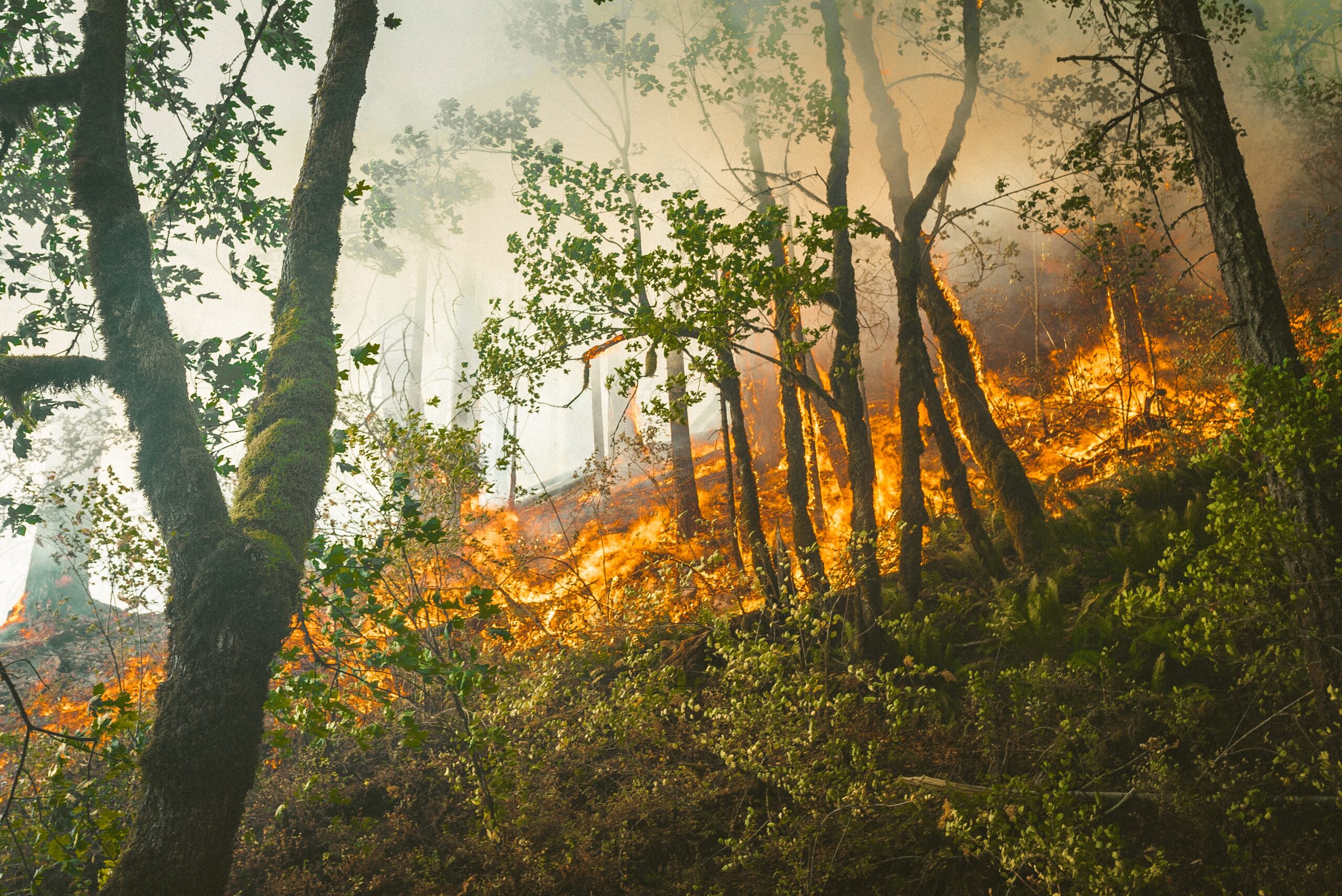Oakley Signs Joins Forces with Local Logic to Bridge the Gap Between Physical Signage and Digital Insights
Partnerships
| 12 Nov 2025

Climate risk is a locational risk that resonates in a tangible way for both home buyers and investors. It’s an important part of the due diligence process and also a way to respond to consumer demand for sustainability, corporate ESG imperatives, and government regulations.
Yet, traditionally, information on location has been dependent solely on boots on the ground, personal experience, or gut feel — not data. Today, the risks and stakes (environmentally, socially, and financially) are too high to base real estate decisions on anything but data.
So, how are residential and commercial real estate using climate risk data in decision-making?
Identifying properties that may be at higher risk of damage and financial losses can help real estate companies decide which assets to buy, renovate, or divest.
Investors can choose which properties or markets to focus on in the future. Data on temperature and precipitation patterns can help forecast how climate change affects rental demand or property values in a particular region.
The implementation of measures, such as flood-proofing, green infrastructure, and resilient design, can help diminish the risk of damage from extreme weather events in urban areas.
Investors can reduce overall exposure to climate risks by diversifying their portfolios using data. They might look for properties located in areas with low risk of flooding or drought, or in regions with strong track records of adapting to and managing climate risks.
Real estate companies will have to be more transparent about climate risk in financial reports as more investors and lenders become interested in understanding how it impacts real estate assets. This might include sharing the physical risks that properties face and the strategies being used to manage them.
💡 Climate-related hazards are a growing risk to millions of properties across the country, so assessing them properly is an increasingly important part of buying and selling.
📊 Local Logic offers insights on risks associated with heat, storm, fire, drought, and flood for any property through ClimateCheck data. Our combined datasets allow residential and commercial real estate professionals and their clients to assess an area’s risk for climate-related disasters and make more informed decisions about where they invest in, purchase, or sell a property.
💡 Curious about location insights?
Get a demo to learn how to grow your business with location data.